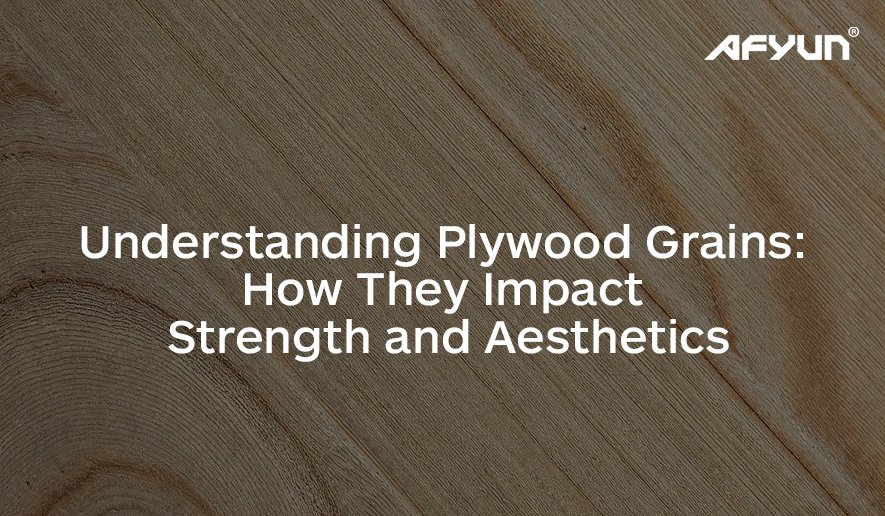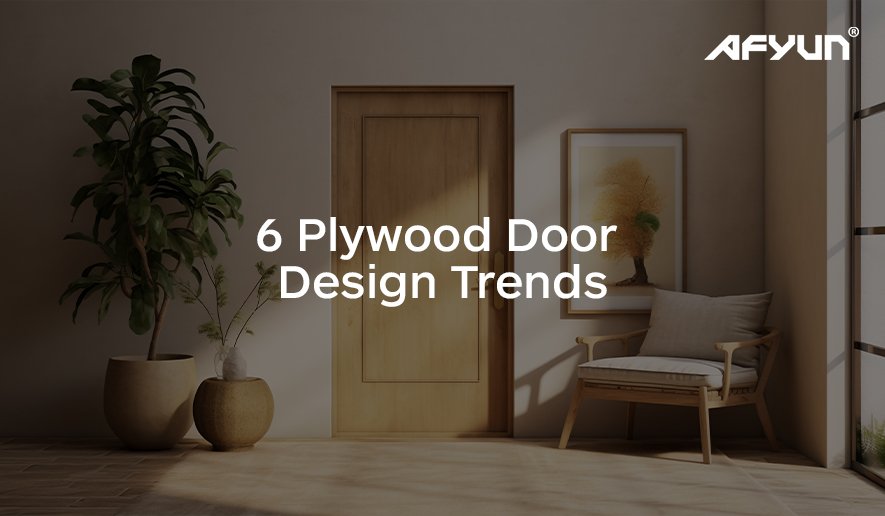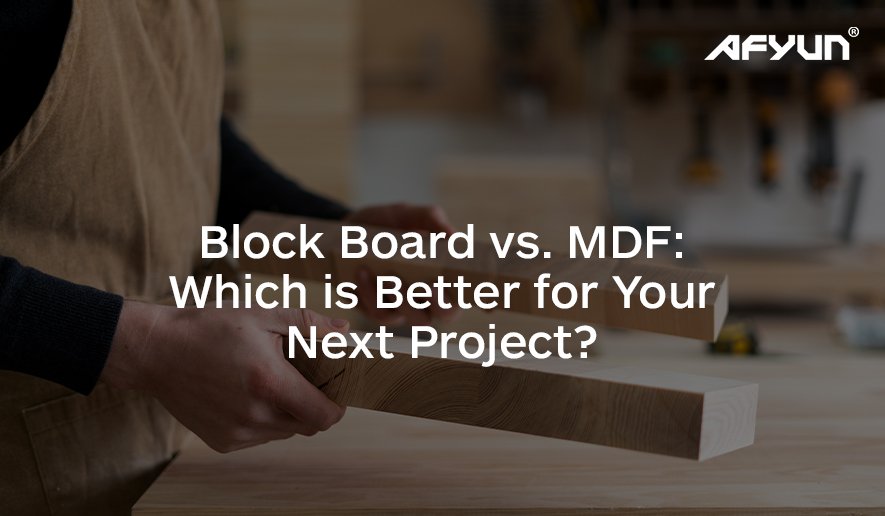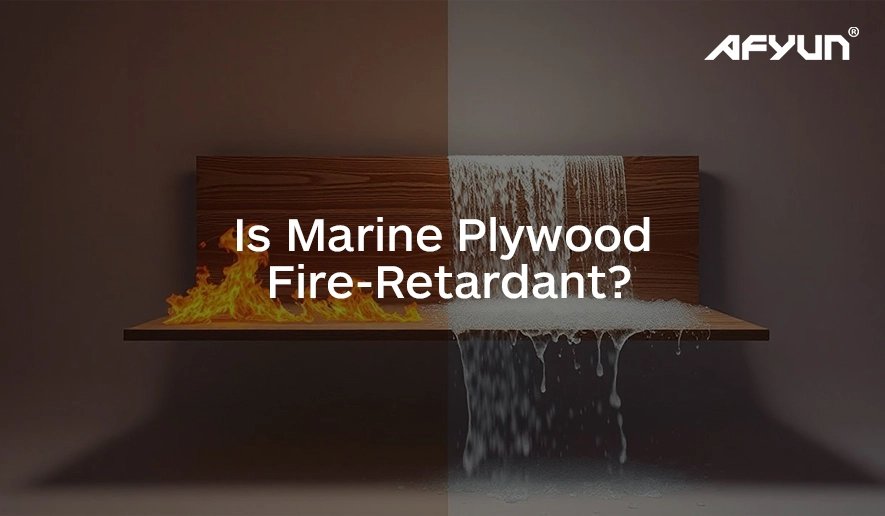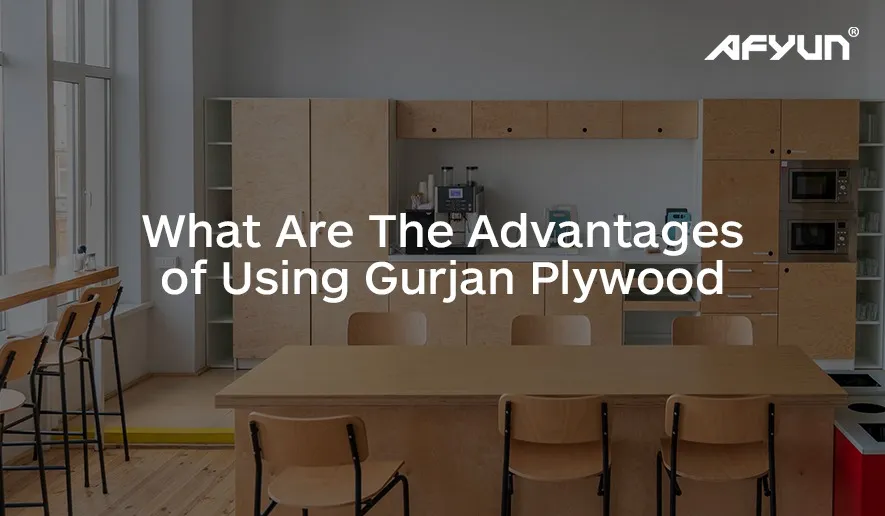Asia is a continent rich in cultural heritage, boasting diverse architectural styles that reflect the traditions, philosophies, and ways of life of its many regions.
In this context, the evolution of materials used in construction, such as plywood, holds both practical and symbolic importance.
While not a material of ancient origin, plywood has gained remarkable significance in preserving and advancing traditional Asian architecture, seamlessly blending the old with the new.
The Rise of Plywood in Traditional Architecture
Plywood emerged in the early 20th century as a versatile, cost-effective alternative to solid wood. Its layered construction, which enhances strength and resistance to warping, made it particularly suited to Asia’s varied climate, from the humid tropics to the dry, cold regions.
However, its adoption in traditional architecture wasn’t just about practicality – it also addressed the challenges of preserving traditional designs in a modern context.
In many parts of Asia, traditional architectural styles rely heavily on intricate wooden designs, which are labour-intensive and require high-quality, often rare, solid wood.
Plywood offers a sustainable solution, allowing artisans and builders to replicate traditional aesthetics while reducing the environmental impact of logging.
Symbolism and Plywood: Connecting the Past and Present
1. Preserving Craftsmanship
The use of plywood in traditional Asian architecture highlights a commitment to preserving centuries-old craftsmanship. For instance:
- Japanese Joinery: Plywood is used in recreating precise joinery techniques, such as in shoji screens and tatami rooms, where it provides the durability needed for daily use while respecting traditional forms.
- Chinese Temples and Pagodas: Ornamental designs carved into plywood panels maintain the grandeur of ancient structures while enabling faster and more affordable restoration.
2. Sustainability and Harmony with Nature
Asian cultures often emphasise harmony with the natural world, a principle seen in materials selection for architecture. Traditional Asian philosophies like feng shui and wabi-sabi stress balance and sustainability. Plywood, made from renewable resources and waste wood, aligns with these values, allowing modern builders to honour these traditions without depleting forests.
3. Affordability for Communal Spaces
Historically, Asian architecture often centred around community spaces—whether village pavilions, tea houses, or temple complexes. Plywood’s affordability has made it easier to construct and maintain these spaces, ensuring that they remain accessible to all, reflecting traditional ideals of inclusivity.
Applications in Modern Traditional Structures
1. Roofing and Ceilings
Traditional Asian architecture is known for its sweeping roofs, symbolic of shelter and protection. Plywood, being lightweight and sturdy, is often used as an underlayer in tiled roofs or as decorative ceiling panels, enhancing both aesthetics and functionality.
2. Partition Walls and Sliding Doors
In Japan and Korea, interiors are often defined by movable walls and sliding doors, which create flexible living spaces. Modern plywood panels replicate the delicate appearance of traditional paper-covered partitions while being more durable and easier to maintain.
3. Furniture and Decorative Elements
From intricately carved panels in Indian temples to minimalist furniture in Zen-inspired tea rooms, plywood is widely used for creating furnishings that reflect regional identities. Advanced veneering techniques allow plywood to mimic exotic woods, making it a practical alternative for high-cost, rare materials.
Cultural Revival and Adaptation
In contemporary times, architects and designers across Asia are using plywood to revive traditional styles in urban settings.
- Eco-Temples in India: Many modern temples incorporate plywood for intricate carvings, ensuring quick construction without compromising on spiritual symbolism.
- Bamboo-Plywood Fusion: In Southeast Asia, a fusion of bamboo and plywood pays homage to vernacular styles while achieving structural strength.
- Urban Teahouses: In China and Taiwan, urban teahouses combine plywood with glass and metal to offer a modern twist on age-old traditions.
Challenges and Future Prospects
Despite its advantages, plywood in traditional architecture faces challenges:
- Perceptions of Authenticity: Some purists argue that plywood compromises the authenticity of traditional styles.
- Durability Concerns: In extreme climates, plywood may require advanced treatments to match the longevity of solid wood.
The future of plywood in traditional Asian architecture lies in innovation. Advances in treated plywood, enhanced weather resistance, and sustainable production methods will likely bolster its adoption.
Moreover, by integrating technologies like CNC machining, designers can craft intricate patterns that rival those made by hand, ensuring that the essence of traditional craftsmanship is not lost.
Conclusion
Plywood has become a cornerstone of modern traditional Asian architecture, offering a bridge between cultural heritage and contemporary needs. By integrating sustainability, affordability, and versatility, it enables the preservation of age-old architectural styles.
Brands like Afyun play an instrumental role in this journey, providing materials that not only honour tradition but also pave the way for future innovations. As Asia continues to evolve, plywood ensures that its architectural treasures remain accessible and relevant for generations to come.
Pages you might like:
fire retardant plywood | marine plywood | waterproof plywood | gurjan plywood |

